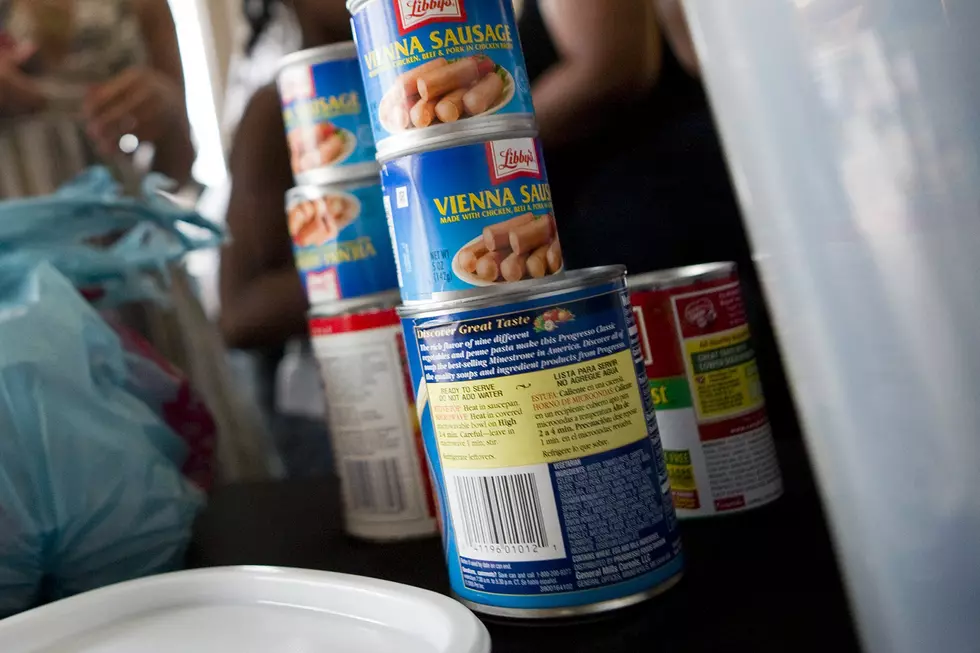
Use by, best by, sell by — NJ campaigns to prevent food waste
Did you stock up on food when the pandemic hit, and end up throwing a lot away? Are you hesitant to open a box or can if the "use by" date has already passed?
Saying 40 percent of all food is wasted, at an average of $2,200 per household each year, a new campaign in New Jersey aims to reduce the amount of still-edible food that reaches landfills by educating consumers.
The campaign, a partnership between the Department of Agriculture and select food banks, also includes information on ways to support food banks in the form of food, money or time.
"Learning how to be more efficient with food allows individuals and businesses to maximize their budgets while reducing food waste," said Secretary of Agriculture Douglas Fisher. "This helps empower us to make more positive impacts economically and environmentally."
Perhaps one of the biggest contributors to waste, according to Carlos Rodriguez, president and CEO of the Community FoodBank of New Jersey, is a lack of clarity regarding how long foods remain consumable. An expiration date is not the same as a "use by" or "sell by" date.
- Expiration date found on baby food, medicines, vitamins — the product should not be used or distributed past the date.
- "Sell by" date found on milk, yogurt, eggs, lunch meat — the food's quality and taste are fine past this date if it's been handled properly. The date is a code for the store.
- "Use by" date found on crackers, cookies, cereal and other shelf-stable foods — the food is still safe to eat after this date, but may lose quality and nutrients. The date is based on the manufacturer's recommendations.
"In this time of unprecedented need, we want to make sure that no food is wasted," Rodriguez said. "We're in a marathon here, of need."
CFBNJ, which has locations in Union County and Atlantic County, distributed more than 30 million meals from March through July of this year, many of them to people who are in need for the first time. Rodriguez said demand for the food bank's services is up as much as 60% in certain communities, due to the COVID-19 crisis.
Other campaign partners include the Food Bank of South Jersey, Mercer Street Friends, and Norwescap. Beyond the website, billboards and ads will provide residents with information regarding food waste.
New Jersey Food Waste Prevention Day is September 17.
Contact reporter Dino Flammia at dino.flammia@townsquaremedia.com.





